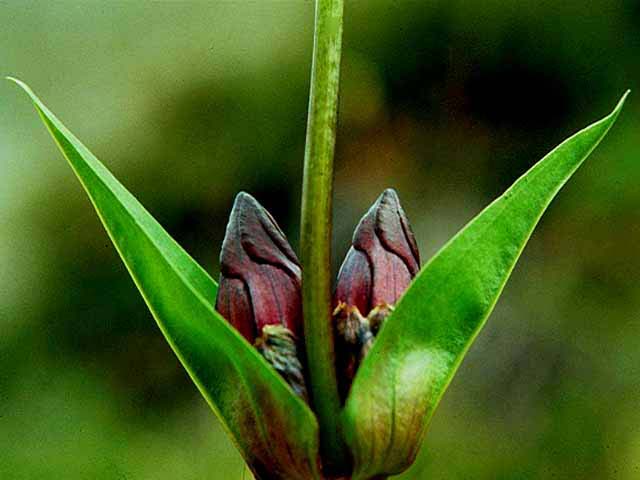XIV [ERSTER TEIl]
Wir gehen um mit Blume, Weinblatt, Frucht.
Sie sprechen nicht die Spache nur des Jahres.
Aus Dunkel steigt ein buntes Offenbares
und hat vielleicht den Glanz der Eifersucht
der Toten an sich, die die Erde stärken.
Was wissen wir von ihrem Teil an dem?
Es ist seit lange ihre Art, den Lehm
mit ihrem freien Marke zu durchmärken.
Nun fragt sich nur: tun sie es gern? . . .
Drängt diese Frucht, ein Werk von schweren Sklaven,
geballt zu uns empor, zu ihren Herrn?
Sind sie die Herrn, die bei den Wurzeln schlafen,
und gönnen uns aus ihren überflüssen
dies Zwischending aus stummer Kraft und Küssen.
|
XIV [FIRST PART]
We are involved with flower, grapeleaf, fruit.
They speak not just the language of the year.
Out of the darkness rises colorful revelation,
having perhaps the shine on it of the jealousy
of the dead, who strengthen the earth.
What do we know of the part they play?
It has always been their nature, with their
free marrow, to invigorate the clay.
But still we ask: do they enjoy doing it? . . .
Does this fruit, the work of heavy slaves,
fortified, press up to us, to their Masters?
Or are they the Masters, those who sleep with roots
and grant us out of their superabundance
this hybrid thing made of mute energy and kisses.
|


